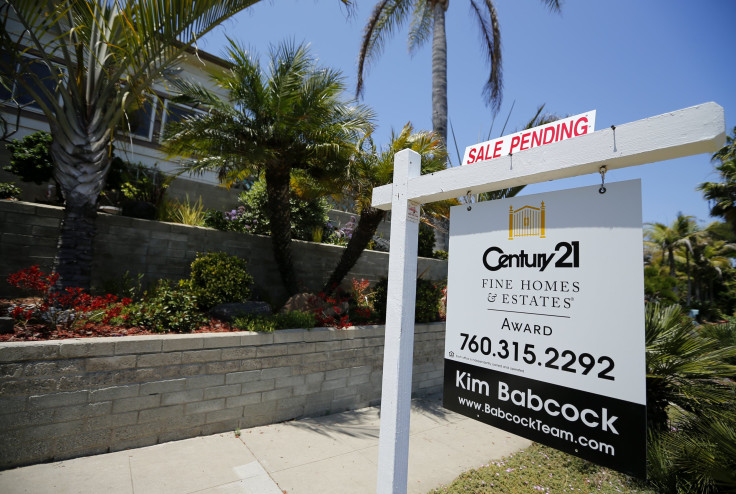California' Expensive Metro Areas Skew National Averages And Housing Market Policy

The recent rise in California's asking prices for homes dramatically skews national averages and can greatly afffect national housing market policy, according to a study by real estate monitor Trulia. Although prices are on the rise across the country, market conditions in California exaggerate the disparities between those who can and can't afford to buy homes in today's market.
The Trulia Price Monitor found that the average asking price gain among the 10 most expensive metro areas in 2013 was 16.3 percent over 2012 levels, but seven of the locations are in California, which noticeably tips the scale. Taken alone, home prices in San Francisco, Orange County, Ventura County, Los Angeles, San Diego, Oakland and San Jose are up by an average of 20.7 percent. Compare that to the average price gain of just 9.5 percent among the top 100 metro areas nationwide, identical to the average uptick among the nation's 10 least expensive metros.
"In the years when California home prices were even more out of line with the rest of the U.S., more people left California for other states," said Jed Kolko, chief economist at Trulia. "Therefore, widening affordability gaps could cause more people to make long-distance moves to a more affordable local housing market."
Trulia measures affordability by rating current asking prices against the most recent wage data to estimate how far a typical worker's wages to go pay the mortgage. The study found that mortgage payments claim a widely varied portion of wages from place to place -- from 74 percent in Honolulu and 55 percent in San Francisco, down to 12 percent in Houston and Atlanta, and just 8 percent in Detroit.
Again, measuring change in home price affordability, Kolko found three metro areas, all in Ohio, saw only single-digit rises in the past year. Cleveland changed by 6.8 percent, Cincinnati changed by 5.1 percent, and Dayton changed by only 3.2 percent.
The way the widening affordability gap affects buyers across the country is that it puts pressure on housing policy makers. "It's harder to come up with one-size-fits-all national housing policies when local markets are becoming more different from each other," said Kolko. "For instance, more expensive markets tend to benefit more from the mortgage interest deduction -- so as prices become more unequal, it means that the impact of any changes to the mortgage interest deduction would be even more concentrated in some geographic areas."
© Copyright IBTimes 2024. All rights reserved.






















